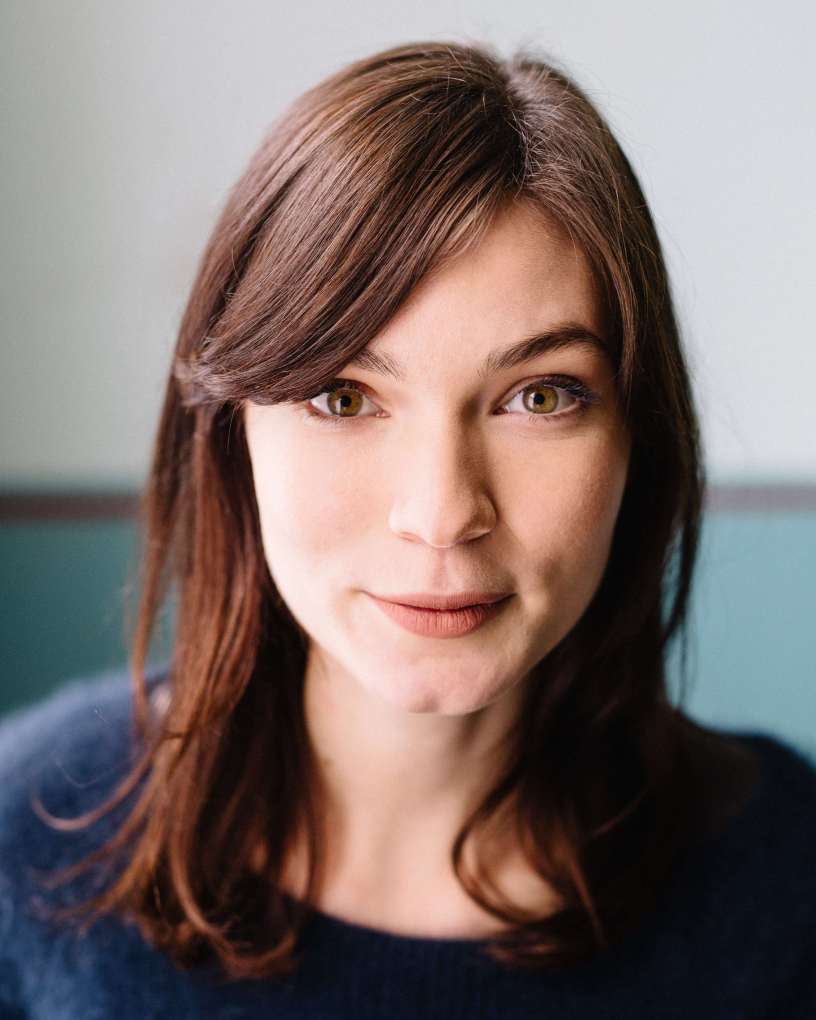Tilda Cobham-Hervey.
Tilda Cobham-Hervey and Hugo Weaving are attached to star in Lone Wolf, an innovative 2D/VR feature which Jonathan Ogilvie is adapting from Joseph Conrad’s 1907 novel The Secret Agent.
Ogilvie’s screenplay transports the London-set story to contemporary Sydney and explores the issues of surveillance, terrorism and anarchy.
Cobham-Hervey will play Winnie, who with her disabled brother Stevie gets caught-up in a web of intrigue involving inept anarchists, ambitious police and a corrupt politician.
Ogilvie is enlisting the help of arts and disability organisation Accessible Arts to find an actor with a disability to play Stevie.
Weaving will play the Police Minister who is implicated in the conspiracy. The other key character, yet to be cast, is Winnie’s boyfriend Verloc, an anarchist and police informant who is made a lucrative offer to attack the Sydney Opera House.

“Casting a non-disabled actor in a disabled role may have won Oscars in the past but in the quest for diversity and authenticity on screen it is time to identify this practice for what it is – the equivalent of performing in ‘black-face’,” he says.
Ogilvie is confident he can make the political thriller for $2 million, using dual cameras to shoot simultaneously in 2D and 180-degree VR. Geoffrey Simpson will be the DOP.
Much of the action will unfold via CCTV and Stevie’s phone, a technique which Ogilvie believes will pull audiences into the drama.
Tait Brady’s Label will distribute in Australia, Tine Klint’s LevelK will handle international sales and Event Cinemas has expressed its enthusiasm to show both VR and 2D versions as pop-up and special event screenings.
The filmmaker whose credits include The Tender Hook, Jet Set and Emulsion aims to start shooting by the end of the year as he hopes to secure investment from Screen Australia, fulfilling the agency’s mission to encourage experienced filmmakers to take creative risks on experimental films.
Ogilvie gave the novel to a Polish friend who suggested he adapt it to a feature, which also chimed with his desire to tackle the issue of surveillance.
“It’s the one Conrad novel that has really come back as it resonates with what is happening in the world today,” he tells IF.
“A film shot entirely as surveillance in objective and POV mode – the character of Stevie incessantly films everything on his phone – plays on our conflicted collective concerns regarding surveillance, i.e. the loss of personal privacy vs. the sense of security in having someone watch over us.”


